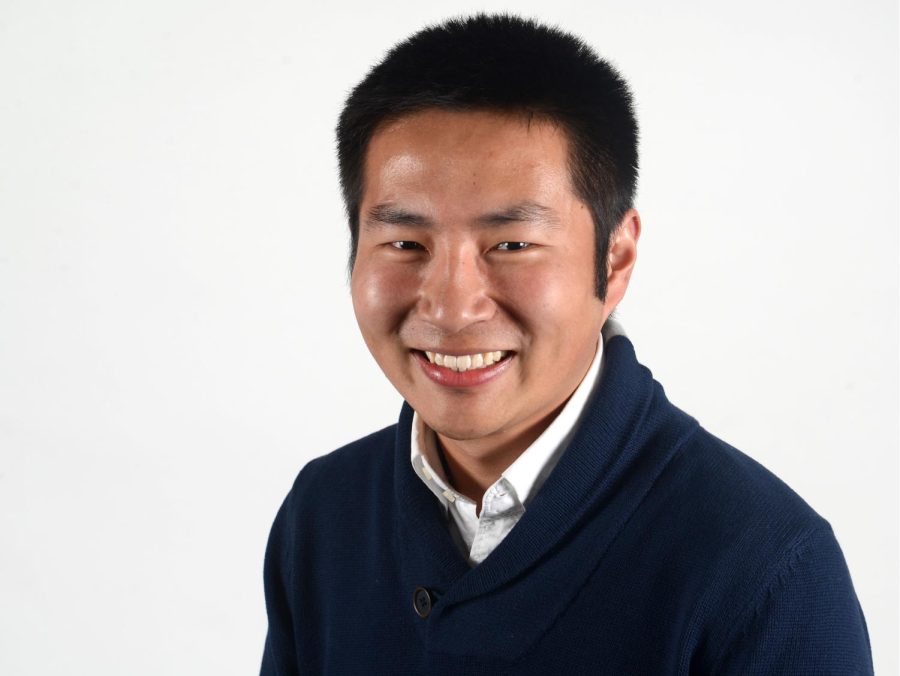Opinion: Ukraine, the dilemma of external and domestic affairs
March 3, 2014
Ukraine’s president, Viktor Yanukovych, was ousted from power several days ago.
The country’s recent political uprising can be traced back to November last year, after Yanukovych had decided to have a far-reaching accord with the European Union; however, Russia offered him a captivating contract that included discounted gas, and Yanukovych subsequently switched sides in favor of stronger ties with Russia.
This decision caused outrage among western Ukrainians toward Yanukovych’s administration, as thousands of people poured into central Kiev for peaceful protests. This protest has lasted three months, during which 77 people have been killed and nearly 600 injured. After Yanukovych announced a peace deal, he was expelled from office and the country.
Ukraine plunged further into crisis on Feb. 20 when pro-Russian gunmen seized Crimean Peninsula’s regional parliament, prompting its legislators to call a referendum on the autonomous peninsula’s future.
However, the main factors contributing to these conflicts result from mixed support of the different cultural groups.
The majority of Ukraine’s population consists of Ukrainians who mostly live in the western regions and 17 percent Russians, who live in the eastern regions. Western Ukrainians are willing to become a member of eurozone, but eastern Russian-Ukrainians prefer to be a federal state of Russia.
In this case, one of the main reasons for the protests results from Ukraine’s ethnic contradiction. According to BBC, “In 2004-2005 mass protests lasting for two months — the Orange Revolution — helped bring to power pro-Western President Viktor Yushchenko, who defeated his rival Viktor Yanukovych in a repeat run-off election. Mr. Yanukovych, who took his revenge and was elected president in 2010, faces a wave of protests against his rule – the biggest since the Orange Revolution.”
This leads to another likely reason for Ukrainian protests — namely, the issue of politicians who use democratic revolution to obtain their own interests. It is not democracy if laws only protect interest groups or the majority—this becomes an oligarchy.
We should note that after Yanukovych was ousted, dissents even poured into his house. If Ukraine is to be a democratic country, then everyone’s property should be protected under the law, regardless of whom. Although Yanukovych developed his estate from corruption, his house should be confiscated through the proper procedures according to the country’s appropriate laws.
It seems Ukraine still has a long road ahead to solve its ethnic issues and the contradiction of faction in order to be a truly democratic country.
Ukraine also faces issues of geography between America, eurozone and Russia. Russia would like to regain control in Ukraine in order to rebuild its global power and use Ukraine as a connection to Europe. However, America does not want this because it is a potential deterrence for American Eurasia strategy, especially to NATO.
According to Politico magazine, “Any invasion—which is what it would be—of a vast country of 46 million in the heart of Europe, sharing borders with NATO allies Poland, Hungary, Slovakia and Romania, would pose a major security challenge for the United States and other key European powers.”
Both Russia and America have, directly or indirectly, affected Ukrainian domestic affairs.
Putin has been approved by parliament for troops to Ukraine. This issue is currently ongoing without a clear end in sight.












